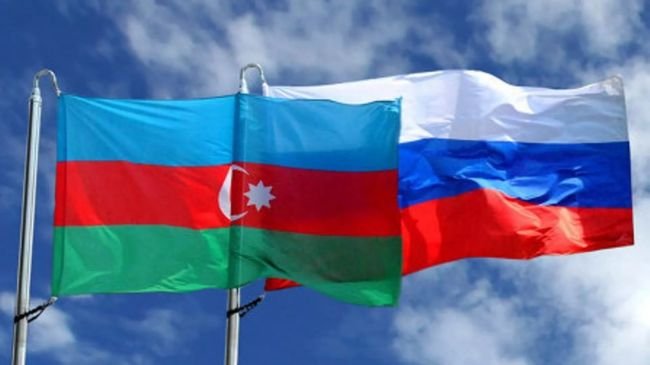By Farhad Mammadov
Head of the South Caucasus Research Center
A new Russian strike on SOCAR infrastructure in Ukraine has pushed tensions between Moscow and Baku to a critical point. Unlike earlier incidents, this attack appeared deliberate, crossing a line that Azerbaijan can no longer ignore.
When Russian forces first targeted Azerbaijani energy facilities in Ukraine, Baku signaled that it might reconsider its restrictions on arms sales to Kyiv. The logic is straightforward: if Moscow escalates beyond past precedents, Azerbaijan will also act in ways it has so far avoided.
This latest strike comes just days after Russian Deputy Prime Minister Alexey Overchuk announced plans for another intergovernmental commission meeting in Moscow — a format last hosted in Baku in August 2024. Such a statement would not have been made without prior Azerbaijani consent, suggesting that Baku was willing to maintain dialogue despite strained relations. Some analysts even speculated the commission could pave the way for a potential high-level meeting in Beijing later this month.
President Ilham Aliyev, speaking recently to U.S. media, emphasized that the downing of an AZAL civilian aircraft by Russian forces was not considered deliberate by Baku. That conciliatory note has now been undercut by what Azerbaijani officials view as a second intentional strike on SOCAR assets.
Parallel to military provocations, Russian domestic politics have turned increasingly hostile: selective arrests of Azerbaijanis across Russian regions, inflammatory xenophobic rhetoric from fringe politicians, and openly racist statements amplified in the Russian media landscape. The dual-track policy emerging from Moscow is clear — while one branch pushes for dialogue, another engages in escalation and intimidation. Unlike Iran, where internal divisions explain mixed signals, Russia’s highly centralized power structure points directly back to the Kremlin.
The question now is whether Baku will proceed with the intergovernmental commission in Moscow or suspend participation. A potential Azerbaijani response – such as lifting restrictions on arms exports to Ukraine – would mark a turning point. But such a step risks Azerbaijan being formally added to Russia’s list of “unfriendly states,” with dangerous implications: sanctions, forced economic pressure, and possible state-driven ethnic pogroms against Azerbaijanis in Russia.
As the prospect of a meeting in Beijing looms, Moscow has deliberately heightened tensions, forcing Baku into a position where silence is no longer an option. The central question remains: how, and when, will Azerbaijan respond?


